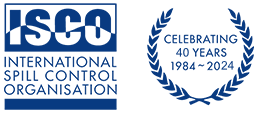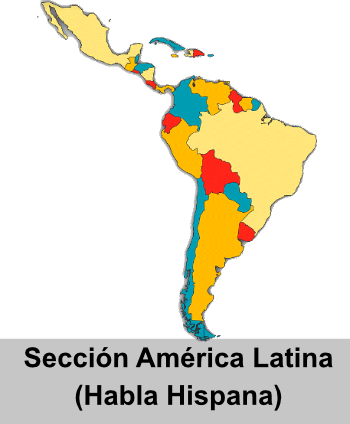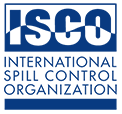The background was given in the front page news report in last week’s ISCO Newsletter. If you didn’t see this, you can access Newsletter 334 on the ISCO website at http://www.spillcontrol.org
In the paper on International Assistance submitted by the US delegation to the March 2012 meeting of the IMO OPRC-HNS Technical Group the authors identified five groupings for classifying international offers of assistance …
1 Government to Government
2 Private sector to private sector
3 Private sector to Government
4 Private sector-through-Government to Government
5 offers coordinated by Regional Organizations on behalf of governments.
… and the initial thinking of the ISCO delegation is that ISCO should focus its efforts on 2.3 and 4 above.
Clearly, the project will be of extreme interest to manufacturers of response equipment and materials and contractors that own significant stockpiles. The definition of resources also includes individuals with relevant knowledge and experience.
Discussions have begun within the Working Group to address the questions of how inventory information should be collated – broad categories, types, and the use of universally accepted terms in defining resources. Also how the resource inventory should be held, accessed and maintained. It will take time, probably at least two years, to resolve these issues but the international community represented by ISCO has a direct interest in a successful outcome.
One option could be that, in order to make progress, an interim template be created that would allow the work of collating information to begin more or less immediately. ISCO is consulting with others in the Working Group and also intends to explore the issues with its members and the Secretary will be sending out a letter in the near future.
CREATION OF AN INTERNATIONAL INVENTORY OF SPILL RESPONSE RESOURCES
An international group has started to work on the creation of an international Response Resource Inventory (RRI) for spill response. The initiative is part of a project introduced at the IMO Marine Environment Protection Committee by the delegation of the United States.
The Deepwater Horizon (DWH) mobile offshore drilling unit (MODU) oil pollution incident highlights the importance of international stakeholder planning and coordination as a method to ensure maximum resource availability and utilization during a catastrophic oil spill or hazardous substance event.
Several nations stepped forward to assist the United States during the course of the incident. These offers included equipment, technical expertise, and general assistance. The generosity of support from the international partners of the United States cannot be overstated, however, the process for requesting and receiving emergency assistance during DWH was proven ineffective and antiquated. Given today’s robust worldwide oil exploration initiatives and transportation patterns, the international community must be prepared to address the challenges faced by responders under a myriad of conditions.
Lessons learned from the DWH incident indicate a need to develop collaborative processes regarding cooperation, in particular, robust mechanisms for handling and coordinating international offers of assistance during a major pollution incident. Using the International Convention on Oil Pollution Preparedness, Response and Cooperation (1990 OPRC) as a basis for the establishment of such guidelines provides the mechanism for such an undertaking. The guidelines will address the challenges of ensuring situational awareness of the incident among Member States, while effectively supporting the response resource needs of the affected Member State. The guidelines should identify common terminology that assists the Member State in identifying resources needed and the status and disposition of available resources. The guidelines should also address issues related to customs and trade issues, transport logistics, categories for offers, mobilization and demobilization. Furthermore, the guidelines should identify a specific process for costing, invoicing, and paying for resources provided. Ideally, this would lead to the establishment of a Resources Inventory System.
The initiative was further progressed at the OPRC-HNS Technical Group Meeting in March 2012 when several delegations, including ISCO, agreed to form a Correspondence Group to work on the project and present recommendations to the next meeting of the Technical Group in September 2012.
As the organization representing the international spill response community, with a membership that includes most of the world’s leading response contractors and equipment manufacturers, ISCO is planning to focus its work on the proposed Response Resource Inventory and specifically to concentrate on the resources available from the private sector. ISCO will be forming an internal working group and over the coming weeks and months will be consulting with interested members on how best to move forward. It is anticipated that response contractors and manufacturers will be quick to realize the commercial advantages of being part of this project. Further developments will be reported in the ISCO Newsletter.





